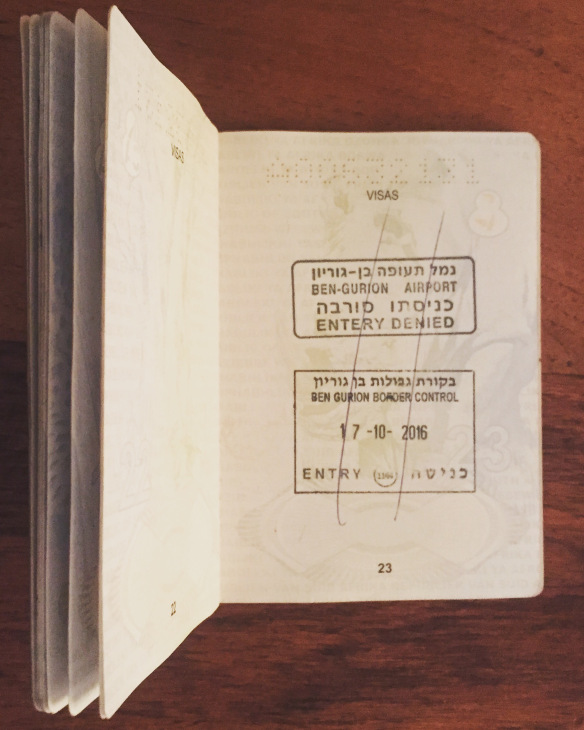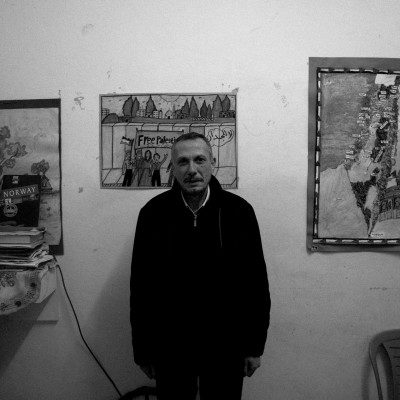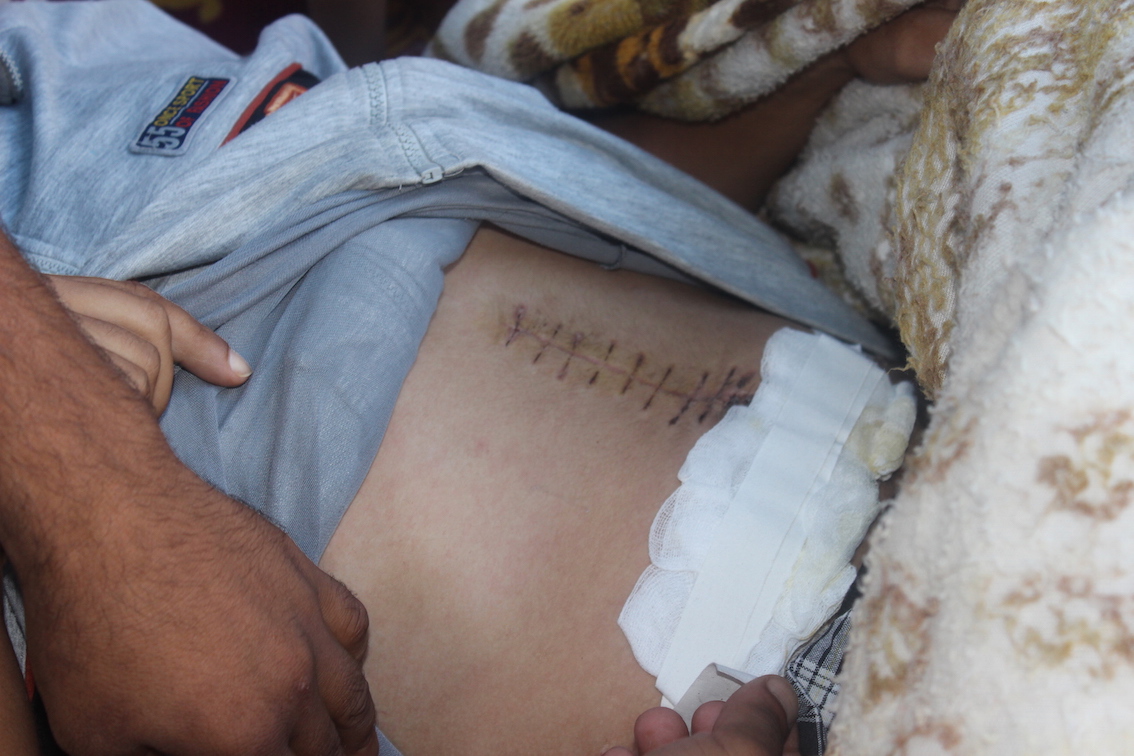-
Deported
24th October 2016 | Sarah Robinson | occupied Palestine On Monday, 17 October 2016, I was deported from Israel. This is my story. I left Johannesburg on Sunday evening, 16 October, and flew to Istanbul, Turkey. The check-in process was smooth and I was asked no security related questions. I had a six-hour stopover in […]
-
‘We are strong and we will be free’ – Hashem Azzeh memorial
24th October 2016 | International Solidarity Movement, al-Khalil team | Hebron, occupied Palestine One year has lapsed since the passing of Hashem Azzeh, a devoted husband and loving father of three, and close friend of ISM. Hashem died following an exacerbation of a latent heart condition that was triggered by tear gas inhalation suffered in […]
-
Israeli Forces Shoot a Palestinian Fisherman for the Third Time
24th October 2016 | International Solidarity Movement, Gaza-team | Gaza, occupied Palestine On Sep 5th, 2016, the Gaza fisherman, Ahmed Mohamed Zaied. 32 years of age, was fishing along with his friend using a hasaka (small boat). They were fishing closer than 1.5 miles in the Palestinian territorial waters, in the northern part of the […]
Action Alert An Nabi Saleh Apartheid Wall Arrests BDS Bethlehem Bil'in Cast Lead Demonstration Denial of Entry Ethnic Cleansing Farmers Gaza Global Actions Hebron House Demolition International law Israeli Army Jerusalem Live Ammunition Nablus Ni'lin Prisoner Ramallah Rubber-coated steel bullets Settlement Settlers Settler violence Tear-Gas Canister Video



